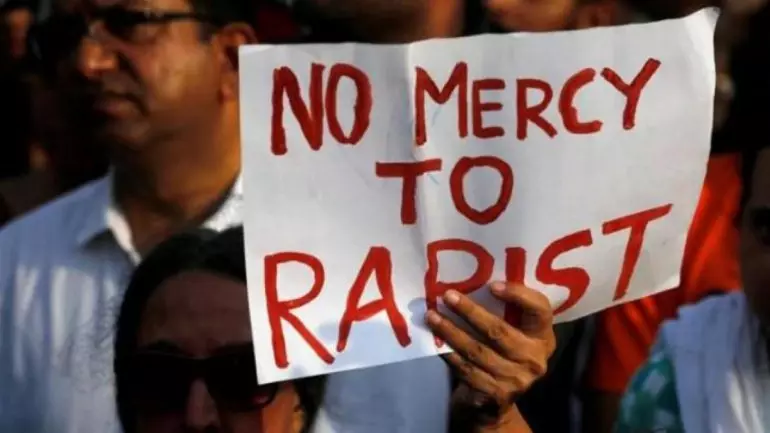The Delhi High Court today continued hearing a batch of petitions challenging the constitutional validity of exception to Section 375 of the Indian Penal Code, pertaining to Marital Rape.The Division Bench of Justice Rajiv Shakdher and Justice C Hari Shankar today heard Advocate Raghav Awasthi on behalf of one of the Petitioners.Awasthi primarily argued that non-criminalization of marital...

